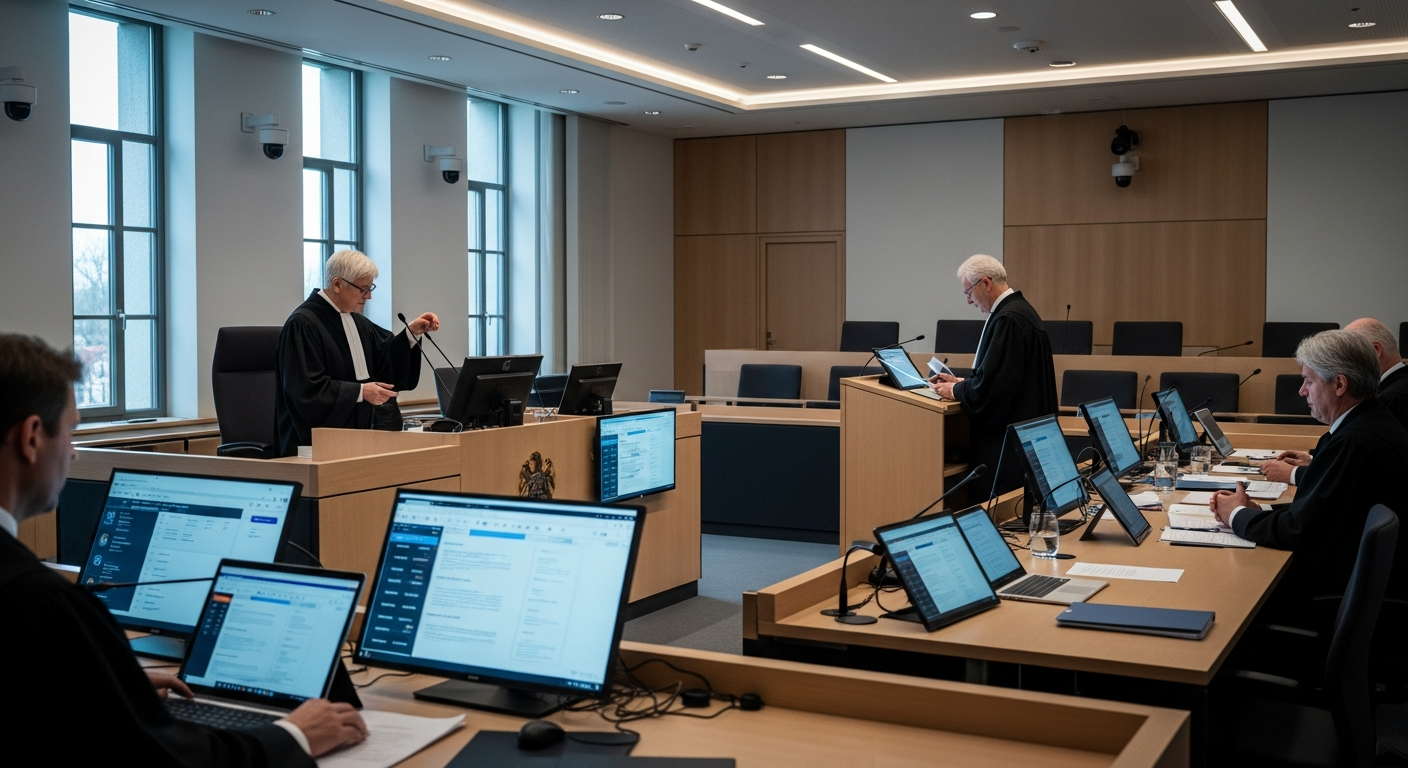Gamification in Career Development: Leveling Up Your Professional Journey
The intersection of gaming principles and professional growth is revolutionizing how individuals approach their careers. Gamification in career development transforms mundane tasks into engaging challenges, turning the path to success into an interactive adventure. This innovative approach taps into our innate desire for achievement, competition, and rewards, making the process of skill acquisition and career advancement more enjoyable and effective.

Initially, gamification in the workplace focused on enhancing productivity and team collaboration. However, forward-thinking career strategists and HR professionals soon realized its potential for individual career growth. They began developing platforms and strategies that applied gaming principles to skill development, job searching, and professional networking.
Core Elements of Career Gamification
At the heart of career gamification lie several key elements borrowed from the gaming world. Progress bars visualize advancement towards goals, turning abstract career aspirations into tangible milestones. Achievement badges reward specific accomplishments, from completing training modules to securing job interviews. Leaderboards foster healthy competition among peers, driving motivation to excel.
These elements are carefully designed to tap into psychological triggers that promote engagement and persistence. The dopamine rush associated with unlocking achievements or leveling up in a game is harnessed to make career development more rewarding and addictive—in a positive sense.
Gamified Skill Development
One of the most promising applications of gamification in career development is in skill acquisition. Traditional learning methods often struggle to maintain engagement, especially for technical or complex skills. Gamified learning platforms address this by breaking down skills into manageable chunks and rewarding progress at each step.
For instance, coding bootcamps have embraced gamification to make learning programming languages more accessible and enjoyable. Students earn points for completing coding challenges, unlock new levels as they master concepts, and compete with peers on leaderboards. This approach not only makes learning more engaging but also provides instant feedback and a clear sense of progression.
Job Search as a Quest
The job search process, often fraught with stress and uncertainty, is another area being transformed by gamification. Innovative platforms are reimagining job hunting as a quest, complete with challenges to overcome and rewards to earn. Job seekers might earn points for tailoring resumes to specific positions, completing mock interviews, or expanding their professional networks.
This gamified approach helps maintain motivation during what can be a lengthy and sometimes discouraging process. By breaking down the job search into smaller, achievable tasks and providing regular positive reinforcement, these platforms keep job seekers engaged and focused on their ultimate goal.
Networking and Professional Relationships
Building and maintaining a professional network is crucial for career success, yet many find networking daunting or tedious. Gamification offers a fresh perspective, turning relationship-building into a strategic game of connection and influence.
Gamified networking platforms might award points for making new connections, engaging in meaningful conversations, or sharing valuable insights. Virtual networking events could incorporate team-based challenges or ice-breaker games to facilitate more natural and enjoyable interactions. By adding an element of play to networking, these approaches help professionals overcome social barriers and build more authentic relationships.
Measuring Impact and ROI
As with any innovative approach, the effectiveness of career gamification must be rigorously evaluated. Early studies and anecdotal evidence suggest promising results, with gamified career development programs showing increased engagement and improved outcomes compared to traditional methods.
However, measuring the long-term impact of gamification on career trajectories presents challenges. Researchers and HR professionals are developing new metrics and assessment tools to quantify the ROI of gamified career development initiatives. These efforts focus not just on immediate engagement metrics but also on long-term career satisfaction, skill retention, and professional achievement.
Ethical Considerations and Potential Pitfalls
While the potential of career gamification is exciting, it’s crucial to consider ethical implications and potential downsides. There’s a risk that excessive focus on extrinsic rewards (points, badges, etc.) could undermine intrinsic motivation for career growth. Additionally, gamified systems must be carefully designed to avoid promoting unhealthy competition or burnout.
Privacy concerns also arise, as gamified platforms often collect extensive data on user behavior and preferences. Ensuring transparency and user control over personal data is essential for maintaining trust and ethical integrity in career gamification systems.
The Future of Gamified Careers
As technology continues to evolve, the future of career gamification looks promising and expansive. Virtual and augmented reality technologies offer new possibilities for immersive career exploration and skill development. AI-powered systems could provide personalized career quests tailored to individual strengths, interests, and goals.
The integration of blockchain technology might enable the creation of verifiable, portable achievement records—digital badges that serve as credentials across different platforms and employers. This could revolutionize how skills and experiences are recognized and valued in the job market.
Embracing the Game of Career Development
Gamification in career development represents a paradigm shift in how we approach professional growth and job seeking. By tapping into our innate love for games and achievement, it has the potential to make career advancement more engaging, enjoyable, and effective.
As this field evolves, it will be crucial for professionals, educators, and organizations to stay informed about best practices and emerging trends. Those who embrace the principles of gamification in their career strategies may find themselves better equipped to navigate the challenges and opportunities of the modern job market.
The game of career development is changing, and the players who adapt to these new rules will be best positioned to win. As we continue to explore the potential of gamification in professional growth, we’re not just playing games—we’re revolutionizing the way we build careers and find fulfillment in our work lives.






